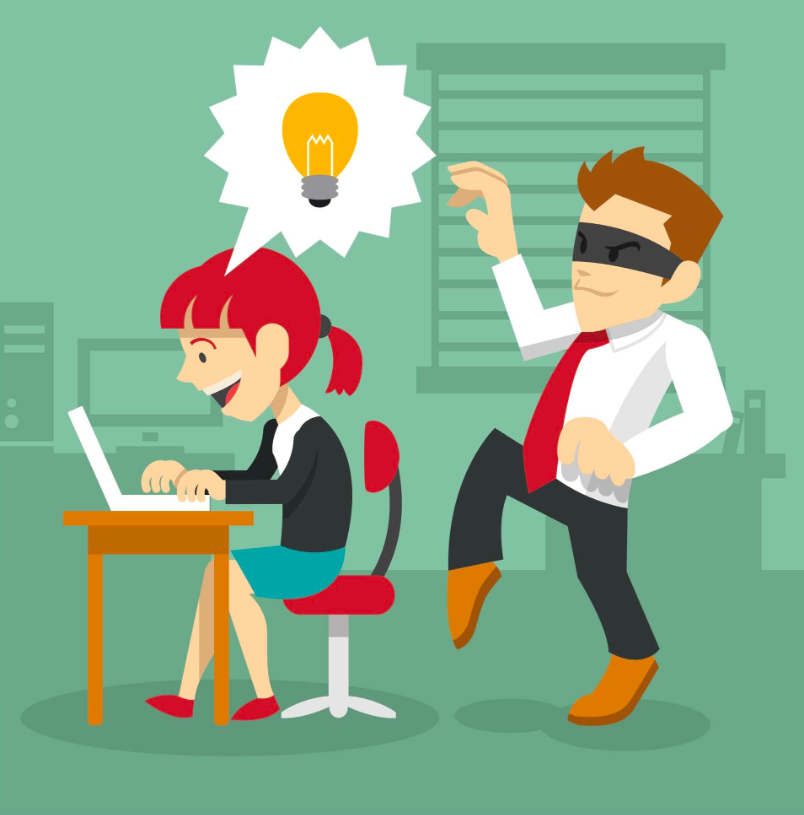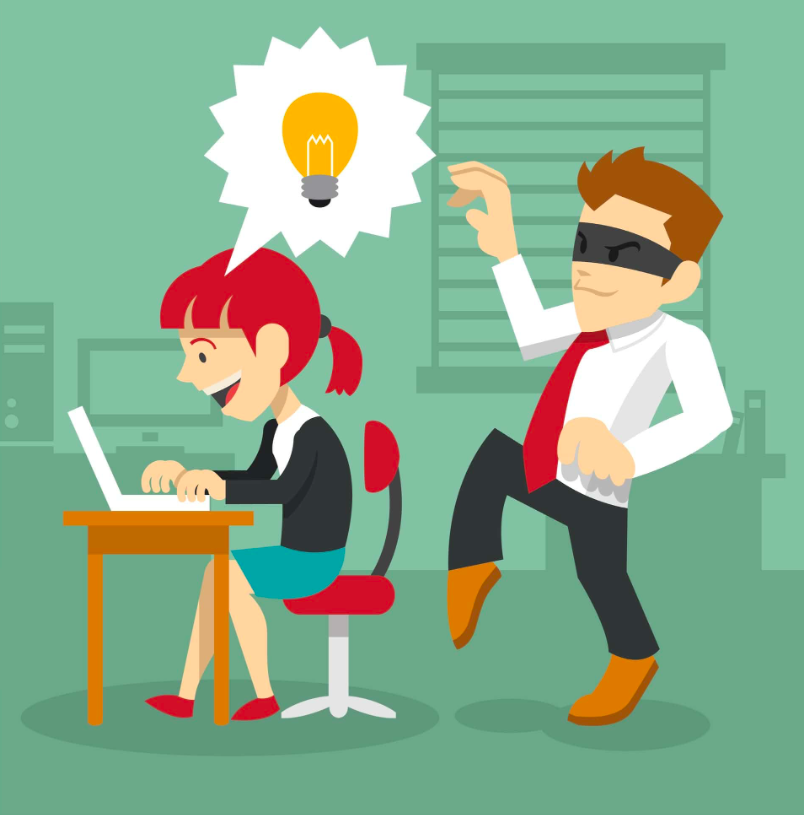It has been challenging for students at Sonoma State University to focus in their online Zoom sessions due to people being disruptive in the class and others are plagiarizing. It has been easy for people to look up the answers in class or during class time because there is no one to regulate the students. The switch to remote classes also increases the chance of students cheating on their assignments and quizzes or exams. Teacher’s can’t tell if a student is taking the test honestly, with someone else, or if they are using other website’s to find the answer to the question which may frustrate other students who take their academic integrity very seriously.
To combat this, the Academic Senate Office sent out an urgent email to professors letting them know on how to stop these issues. In the email statistics from Acadmeic Integrity showed that “ 62% of undergraduates admit to cheating on written assignments, 68% of undergraduates admit to written or test cheating”.
The Dispute Resolution Board, Student Affairs Committee and the Academic Senate requested that professors report all incidents where students were caught cheating or plagiarizing. The faculty governance also “… urge all faculty to follow the policy on cheating and plagiarism so that SSU can be a beacon of academic integrity”.
Pamela Abbott-Enz is a professor who teaches Gerontology 300 at SSU. She sent an email to her students saying “ I really don’t want to have to apply any of these punitive measures to students, so I want to give you a gentle reminder and a fair warning”.
Students in her class are turning in their assignments for the rest of the semester through Turn It In, which detects any internet based plagiarism. Once the assignment is turned in the software will detect and scan the document, if any copying was done then the words or sentences would be highlighted in red. Red flags would pop up on the screen if at least 80% of it is not the students original work.
Communications Professor, Elizabeth Burch said “I will be using Turn It In next semester,” liking the idea of students turning their assignments through this effective program that can catch plagiarism. It makes it easier for the professor to catch any cheating and then they can begin the process of reporting it so that students can be disciplined for their actions. In some cases students that are caught will be given a zero for the assignment that they plagiarized on but Burch doesn’t agree with it saying, “I will fail a student if they are caught plagiarizing in my class”.
Gina Baleria, another communications professor has her own method of how to avoid plagiarism saying, “I generally try to avoid plagiarism in person and online by avoiding traditional midterm and final tests to measure knowledge. Instead, I like to have some students engage in projects that have some sort of time based and/or personal component. For multiple choice exercises, I generally allow multiple attempts to ensure the students actually learn the material rather than feel pressure to get the highest score”.
Seawolves are required to cite their quotes or any phrases used from an online source in order to avoid being caught. If a student is turning in an assignment that he copied from a classmate’s work it’s considered plagiarising even if it is a paper or math analysis. A common way of plagiarizing is using an electronic device during an exam even if it is online. Getting a surrogate to take an exam is also a form of plagiarism and is discouraged. Students can read more on different ways of plagiarism on the Universities Cheating and Plagiarism Policy page that is on the university website.





































